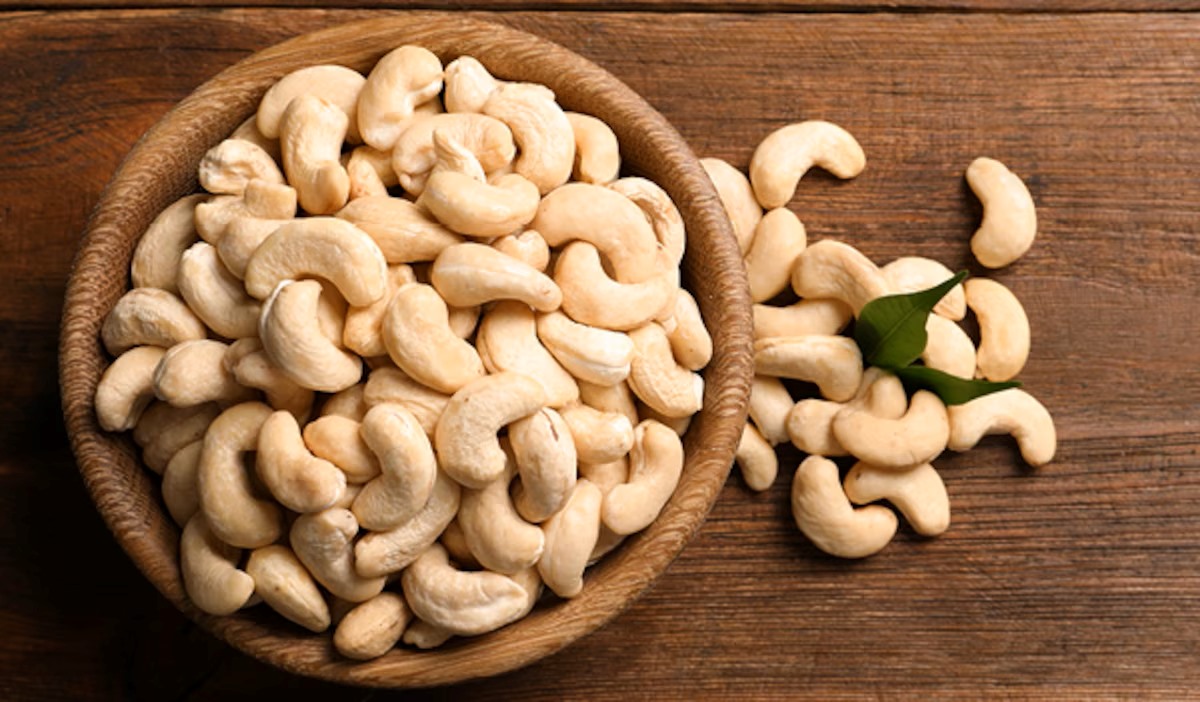

Articles
How To Store Cashew Nuts For Long Time
Modified: August 17, 2024
Learn the proper method for storing cashew nuts to keep them fresh and delicious for a longer period of time. Check out our informative articles on the best techniques.
(Many of the links in this article redirect to a specific reviewed product. Your purchase of these products through affiliate links helps to generate commission for Storables.com, at no extra cost. Learn more)
Introduction
Cashew nuts are not only delicious and nutritious, but they also have a relatively long shelf life if stored properly. Whether you enjoy them as a snack or use them in your favorite recipes, ensuring the freshness and quality of cashew nuts is essential. However, improper storage can lead to the nuts becoming stale, losing their crunchiness, and even becoming rancid.
In this article, we will explore the factors that affect the shelf life of cashew nuts and provide you with valuable tips and tricks for storing them to maintain their freshness for an extended period of time.
Factors that affect the shelf life of cashew nuts:
Key Takeaways:
- Proper storage in cool, dry conditions, away from light and strong odors, is crucial for maintaining the freshness and flavor of cashew nuts. Airtight containers and regular inspection for spoilage signs are essential.
- Avoid common mistakes like refrigeration, exposure to heat and light, and bulk purchasing without a plan to ensure your cashew nuts stay fresh and delicious. Follow storage guidelines and enjoy the delightful taste for longer.
Read more: How To Store Nuts Long Term
Factors that affect the shelf life of cashew nuts
Several factors can influence the shelf life of cashew nuts. Understanding these factors will help you take appropriate measures to extend the freshness of your nuts:
- Moisture: Cashew nuts, like most nuts, are sensitive to moisture. Excess moisture can lead to mold growth and spoilage. It is crucial to store cashews in a dry environment to prevent moisture absorption.
- Temperature: Cashew nuts are best stored in cool temperatures. High temperatures can accelerate the oxidation process, leading to the loss of flavor and quality. It is advisable to store cashews in a cool pantry or cupboard away from direct sunlight or heat sources like stoves or heaters.
- Air exposure: Exposure to air can cause cashew nuts to become stale and lose their crunchiness. It is important to store cashews in an airtight container to minimize air circulation.
- Light: Like many other nuts, cashews are also sensitive to light. Prolonged exposure to light, especially sunlight, can cause the nuts to turn rancid and develop an off-flavor. It is best to store cashews in opaque containers or keep them in a dark pantry.
- Packaging: The packaging of cashew nuts can also affect their shelf life. Opt for quality packaging that is airtight and moisture-resistant. Avoid purchasing cashew nuts from bulk bins where they may be exposed to air for extended periods.
By understanding these factors, you can take appropriate measures to store your cashew nuts properly and extend their shelf life. In the following sections, we will explore the ideal storage conditions for cashew nuts and provide valuable tips to maintain their freshness.
Proper storage conditions for cashew nuts
To ensure the maximum shelf life and preserve the quality of cashew nuts, it is crucial to store them under the right conditions. Here are some guidelines for storing cashews:
- Store in a cool and dry place: Cashew nuts are best stored in a cool and dry environment. Aim for temperatures between 45 to 65 degrees Fahrenheit (7 to 18 degrees Celsius). Avoid storing them in areas with high humidity, such as the refrigerator or near the stove.
- Use an airtight container: Transfer the cashew nuts into an airtight container to protect them from air exposure. Glass jars with rubber-sealed lids or plastic containers with tight-fitting lids work well. Make sure the container is clean and dry before transferring the cashews into it.
- Avoid direct sunlight: Cashews should be stored away from sunlight or any other sources of light to prevent their quality from deteriorating. Keep them in a dark pantry or cupboard. If you don’t have a suitable dark storage area, consider wrapping the container in aluminum foil or placing it in a paper bag to block out the light.
- Do not refrigerate: While storing cashews in the refrigerator may seem like a good idea, it can actually hasten the staling process. The fluctuating temperatures and humidity levels in the fridge can cause condensation, leading to moisture absorption by the nuts. This can result in a loss of flavor and texture.
- Avoid storing near strong odors: Cashew nuts can absorb strong odors from other foods, affecting their taste. Keep them away from spices, onions, garlic, or any other strongly scented items.
Following these storage guidelines will help preserve the flavor, texture, and quality of your cashew nuts for a longer period of time. However, it’s important to note that even with proper storage, cashew nuts do have a limited shelf life. Therefore, it’s advisable to only purchase as much as you’ll consume within a reasonable timeframe.
Store cashew nuts in an airtight container in a cool, dark place, such as the pantry or refrigerator. This will help prevent them from becoming rancid and extend their shelf life.
Tips for extending the shelf life of cashew nuts
Proper storage is key to extending the shelf life of cashew nuts. In addition to the storage conditions mentioned earlier, here are some additional tips to help you keep your cashews fresh for longer:
- Buy in small quantities: If you don’t use cashews frequently or in large quantities, consider buying them in smaller quantities to minimize the storage time. This will ensure that you consume them before they start to lose their quality.
- Inspect for freshness: Before purchasing cashews, check for any signs of spoilage or rancidity. Ensure that they have a crisp texture and a pleasant aroma. Avoid cashews with a stale or musty smell or those that appear discolored or shriveled.
- Keep the nuts whole: If possible, keep cashew nuts in their whole form until you are ready to use them. Whole nuts generally have a longer shelf life compared to chopped or crushed nuts, as increased surface area accelerates the staling process.
- Consider freezing: If you have purchased a large quantity of cashews or want to store them for an extended period, freezing can help maintain their freshness. Place the cashews in an airtight container or heavy-duty freezer bag and store them in the freezer. When you’re ready to use them, thaw only the amount you need and consume them promptly.
- Rotate your stock: Practice the “first in, first out” principle when it comes to consuming cashew nuts. Use the oldest nuts first to ensure that they don’t sit for too long in storage.
- Store flavored cashews separately: If you have flavored or seasoned cashews, it’s best to store them separately from plain cashews. The strong flavors and spices in seasoned cashews can transfer to other nuts and affect their taste.
By following these tips, you can enjoy the freshness and deliciousness of your cashew nuts for an extended period. Remember that cashews, like any other perishable food item, will eventually lose their quality, so it’s essential to monitor their freshness regularly.
Common mistakes to avoid when storing cashew nuts
While proper storage is crucial for preserving the freshness and quality of cashew nuts, there are some common mistakes that people make. By avoiding these mistakes, you can ensure that your cashews stay in optimal condition for longer:
- Storing in the refrigerator: Cashew nuts should not be stored in the refrigerator. The fluctuating temperatures and high humidity can lead to moisture absorption and loss of flavor.
- Not using airtight containers: Cashews can quickly become stale when exposed to air. Therefore, it is essential to store them in airtight containers to prevent air circulation and moisture absorption.
- Keeping them near heat sources: Placing cashews near heat sources such as stoves, ovens, or direct sunlight can accelerate the oxidation process, causing loss of flavor and quality.
- Storing in transparent containers: Light can cause cashew nuts to turn rancid and develop an off-flavor. Storing them in transparent containers exposes them to light. Opt for opaque containers or wrap them in aluminum foil to keep them protected.
- Not checking for signs of spoilage: Even with proper storage, cashew nuts can spoil over time. Regularly check for any signs of mold, off odors, or discoloration. If you notice any of these, discard the batch immediately.
- Transferring to a warm environment after purchasing: If you purchase cashew nuts from a store, avoid leaving them in a hot car or exposing them to high temperatures for an extended period. Heat can cause the nuts to deteriorate quickly.
- Buying in bulk without a plan: Buying cashews in bulk can be cost-effective, but only if you have a plan for consumption. Purchasing more nuts than you can use within a reasonable time frame increases the chances of them going stale or rancid.
By avoiding these common mistakes, you can ensure that your cashew nuts retain their freshness, crunchiness, and flavor for a longer period. Remember to be mindful of the storage conditions and regularly check for any signs of spoilage to enjoy the best quality cashews.
Read more: How To Store Okra For Long Time
Conclusion
Proper storage is essential for maintaining the freshness and quality of cashew nuts. By understanding the factors that affect their shelf life and following the right storage practices, you can extend the longevity of your cashews and enjoy their delicious flavor and crunchiness for longer periods.
Moisture, temperature, air exposure, light, and packaging are some key factors that can impact the shelf life of cashew nuts. Storing cashews in a cool, dry place, using airtight containers, and keeping them away from direct sunlight and strong odors are crucial to preserving their quality.
Additionally, buying cashews in smaller quantities, inspecting for freshness, keeping the nuts whole, considering freezing for long-term storage, and rotating your stock can further help in extending their shelf life.
Avoiding common mistakes such as storing cashews in the refrigerator, not using airtight containers, exposing them to heat sources, storing in transparent containers, neglecting to check for spoilage signs, transferring to a warm environment after purchase, and buying in bulk without a plan can ensure that your cashews stay fresh and flavorful.
Remember, even with proper storage, cashews do have a limited shelf life. It is advisable to purchase and consume them within a reasonable timeframe to enjoy the best flavor and quality. By following these guidelines, you can savor the delightful taste of cashew nuts in your favorite snacks and recipes for a longer duration.
Frequently Asked Questions about How To Store Cashew Nuts For Long Time
Was this page helpful?
At Storables.com, we guarantee accurate and reliable information. Our content, validated by Expert Board Contributors, is crafted following stringent Editorial Policies. We're committed to providing you with well-researched, expert-backed insights for all your informational needs.
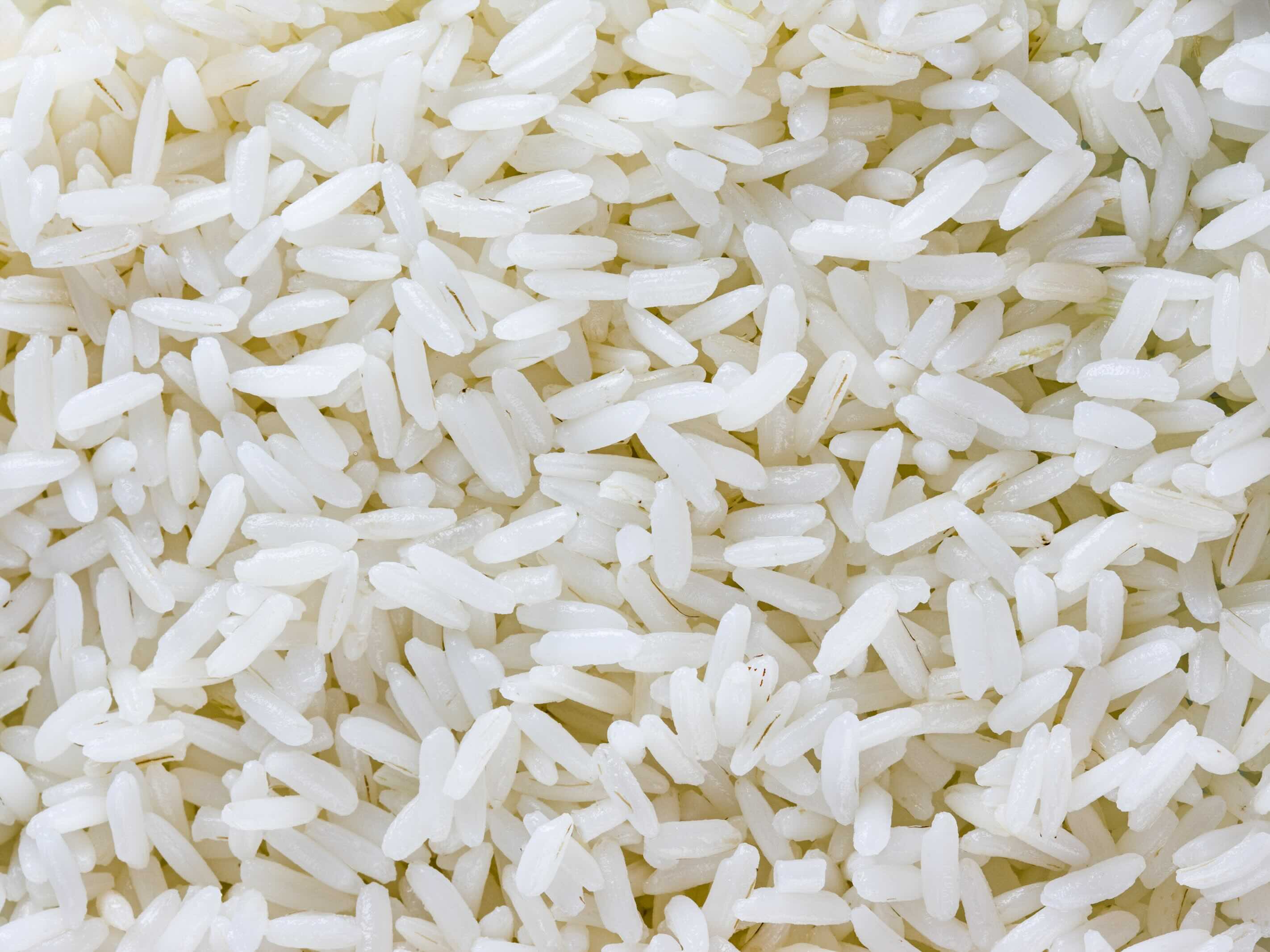
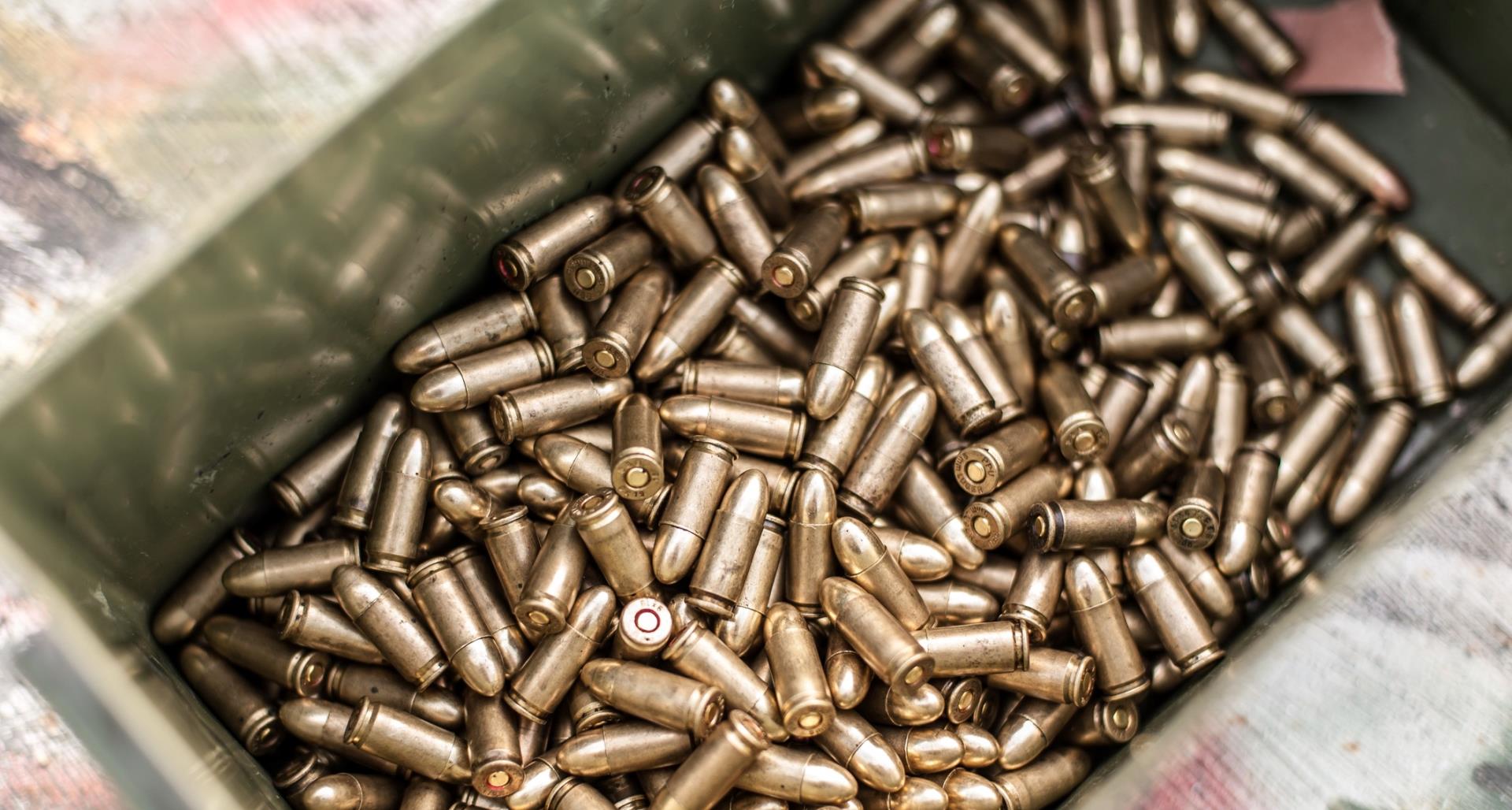
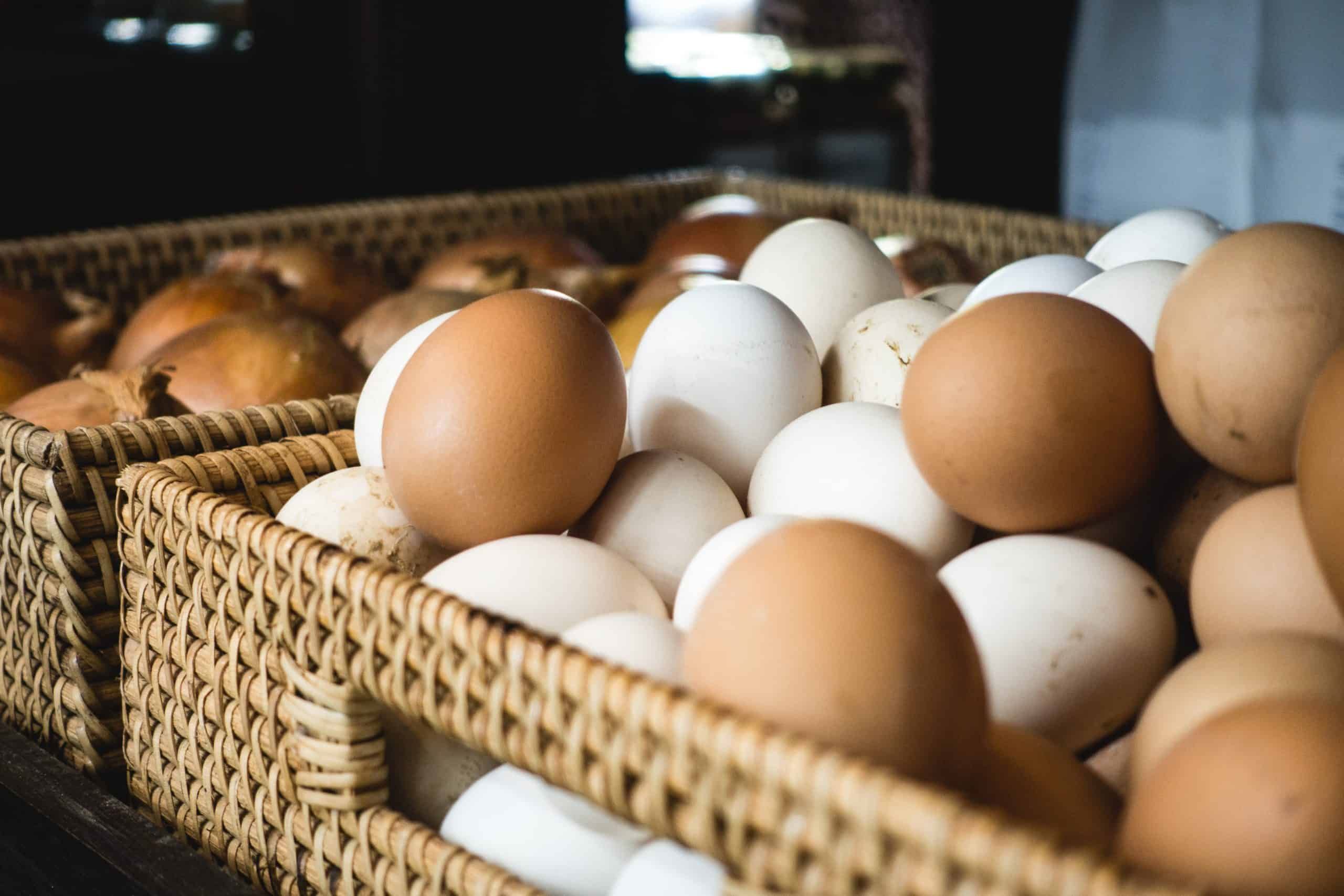
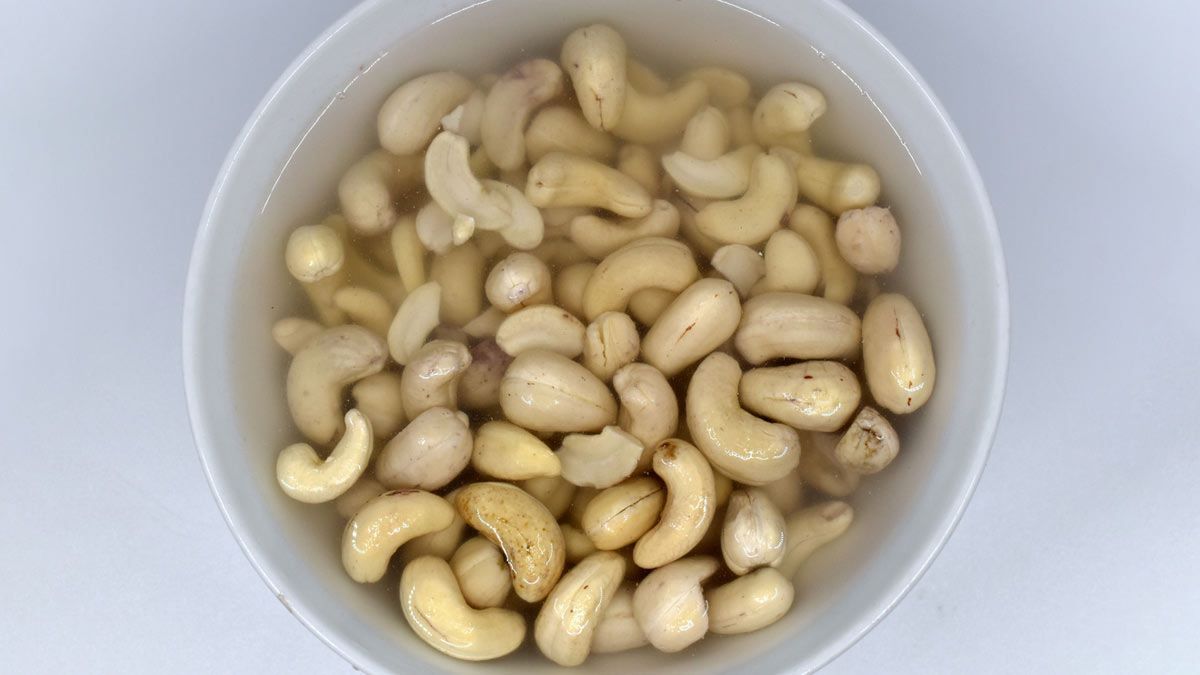
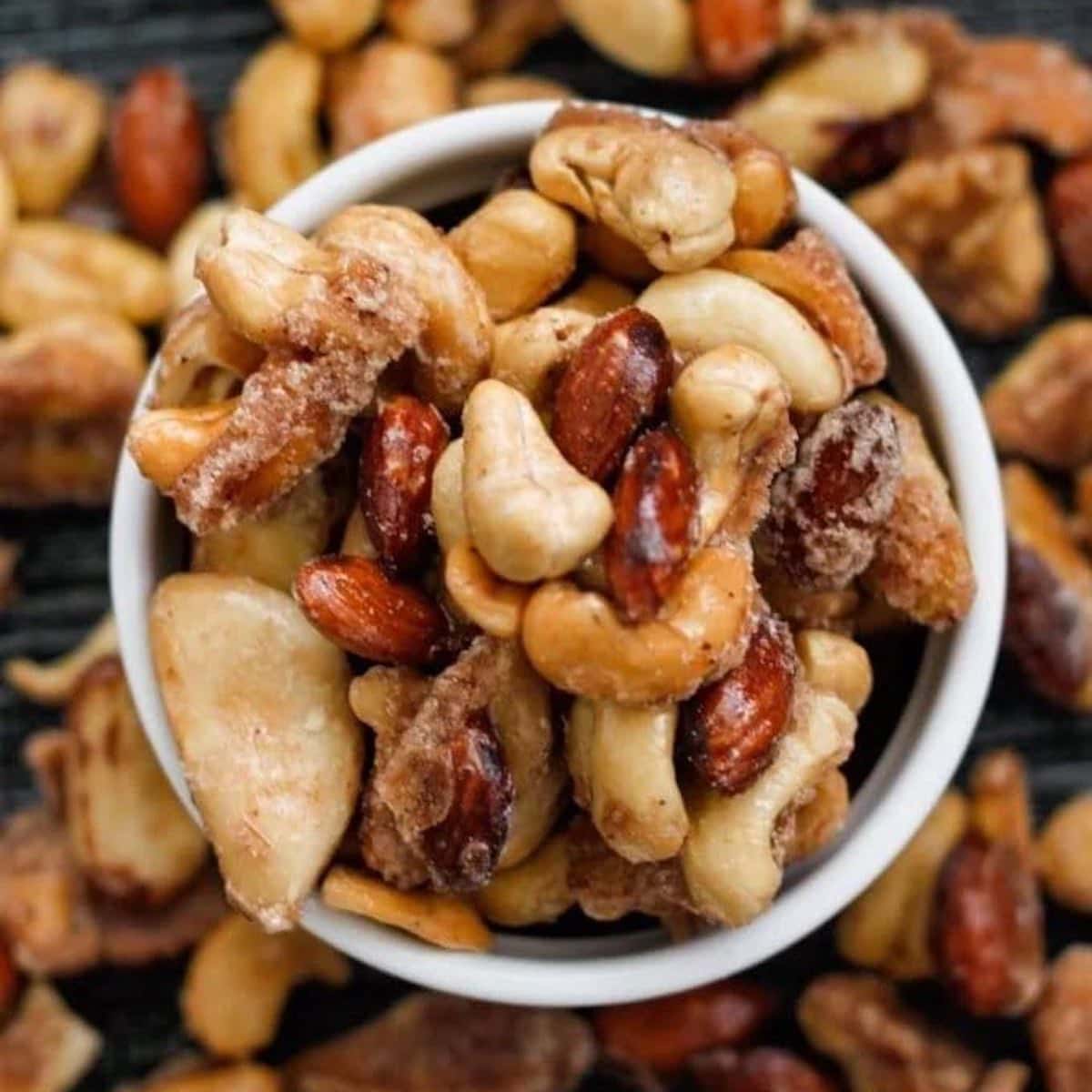

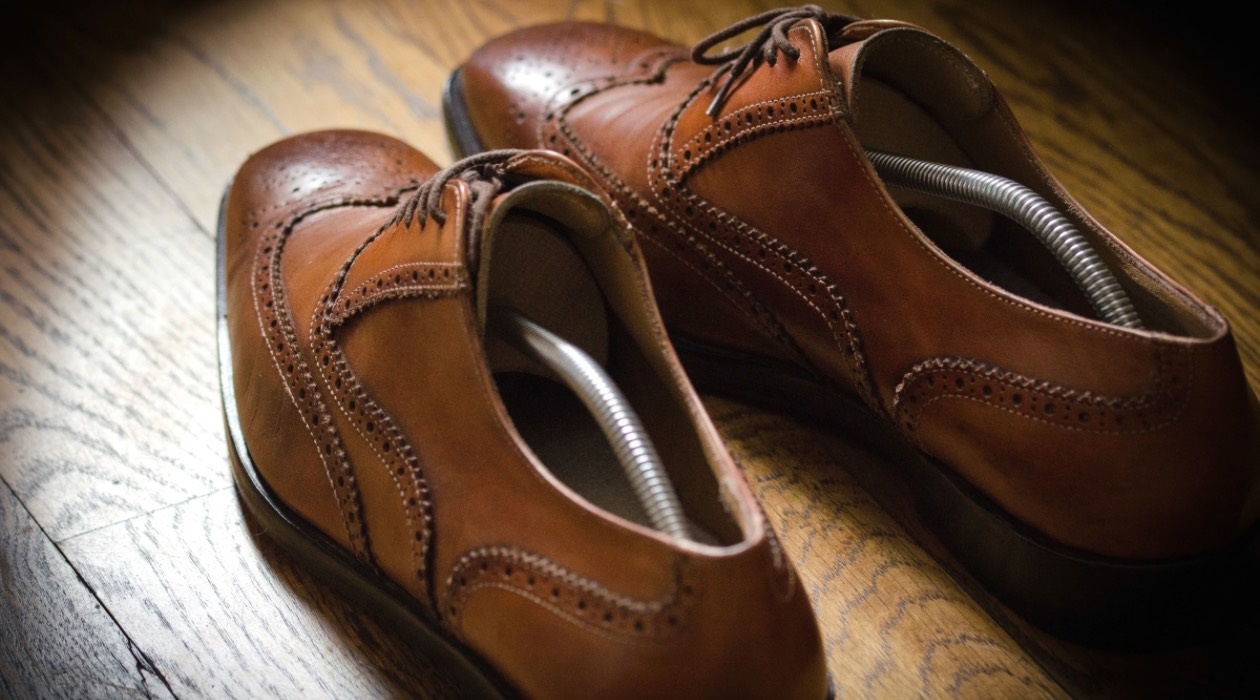

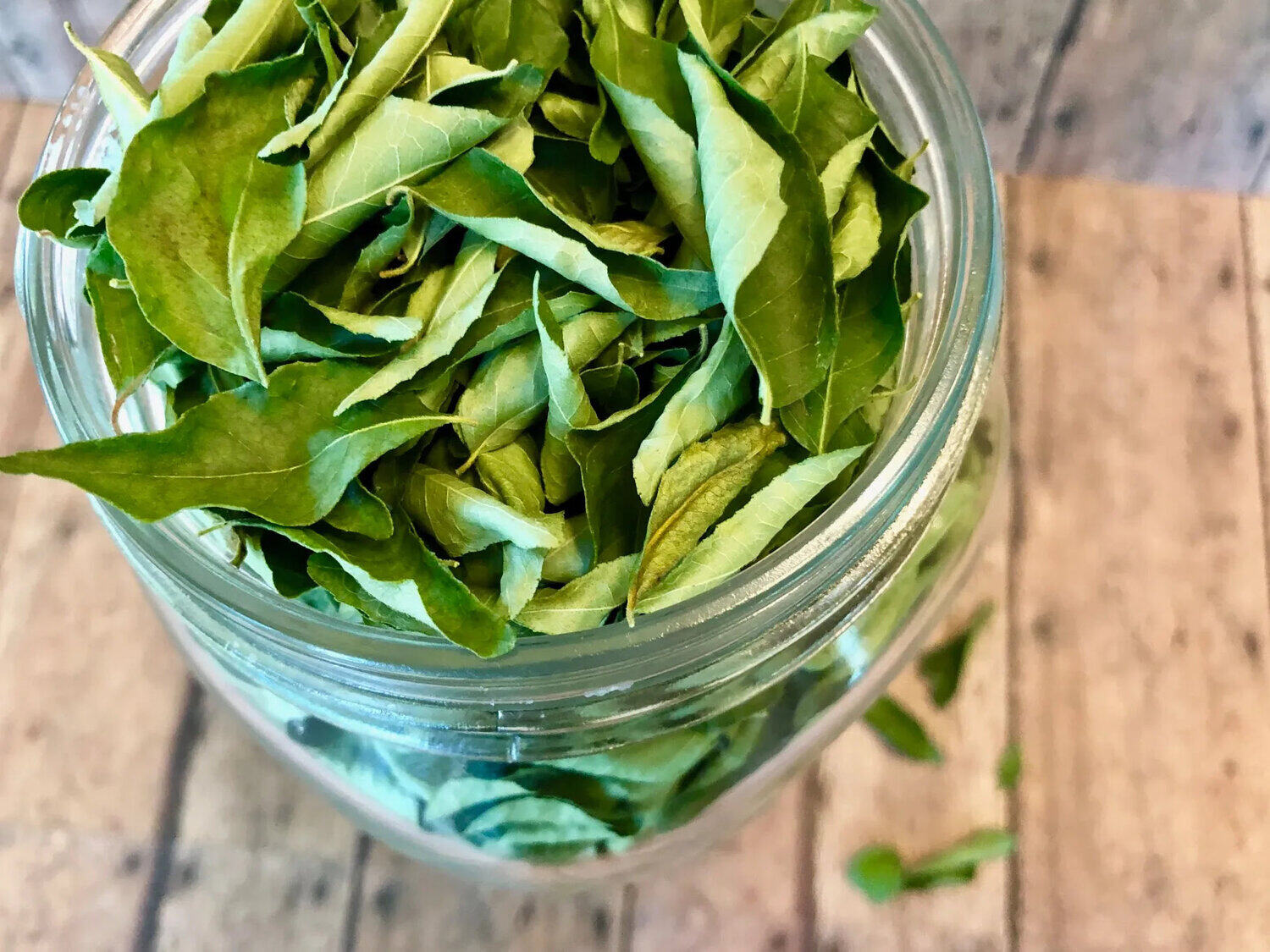
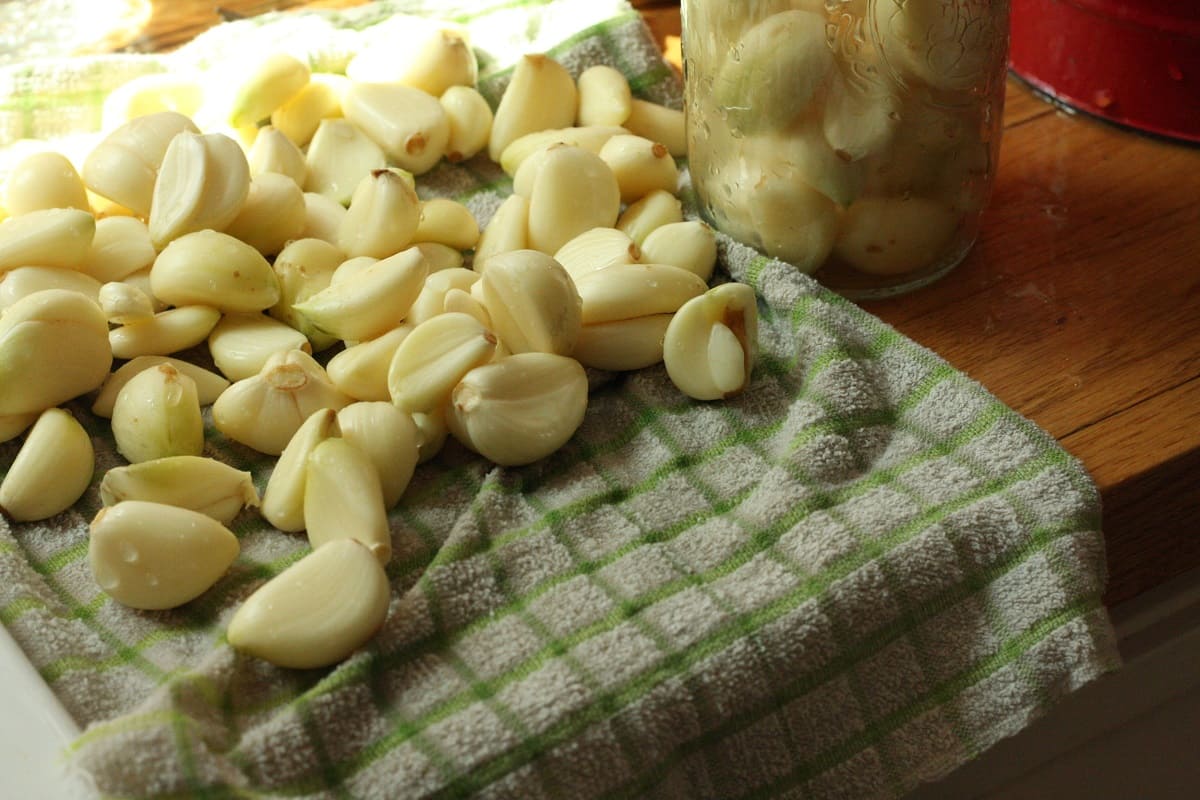
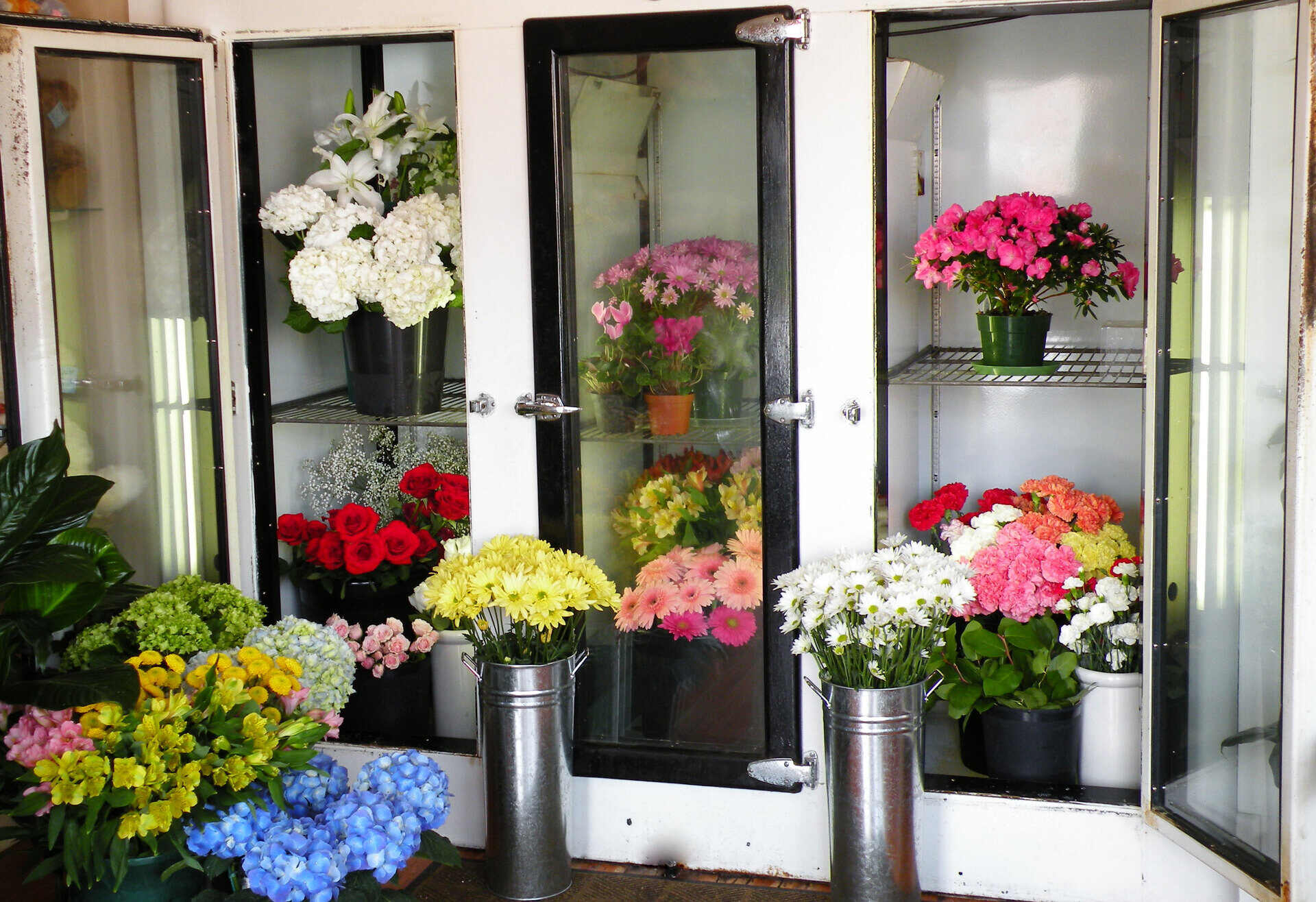

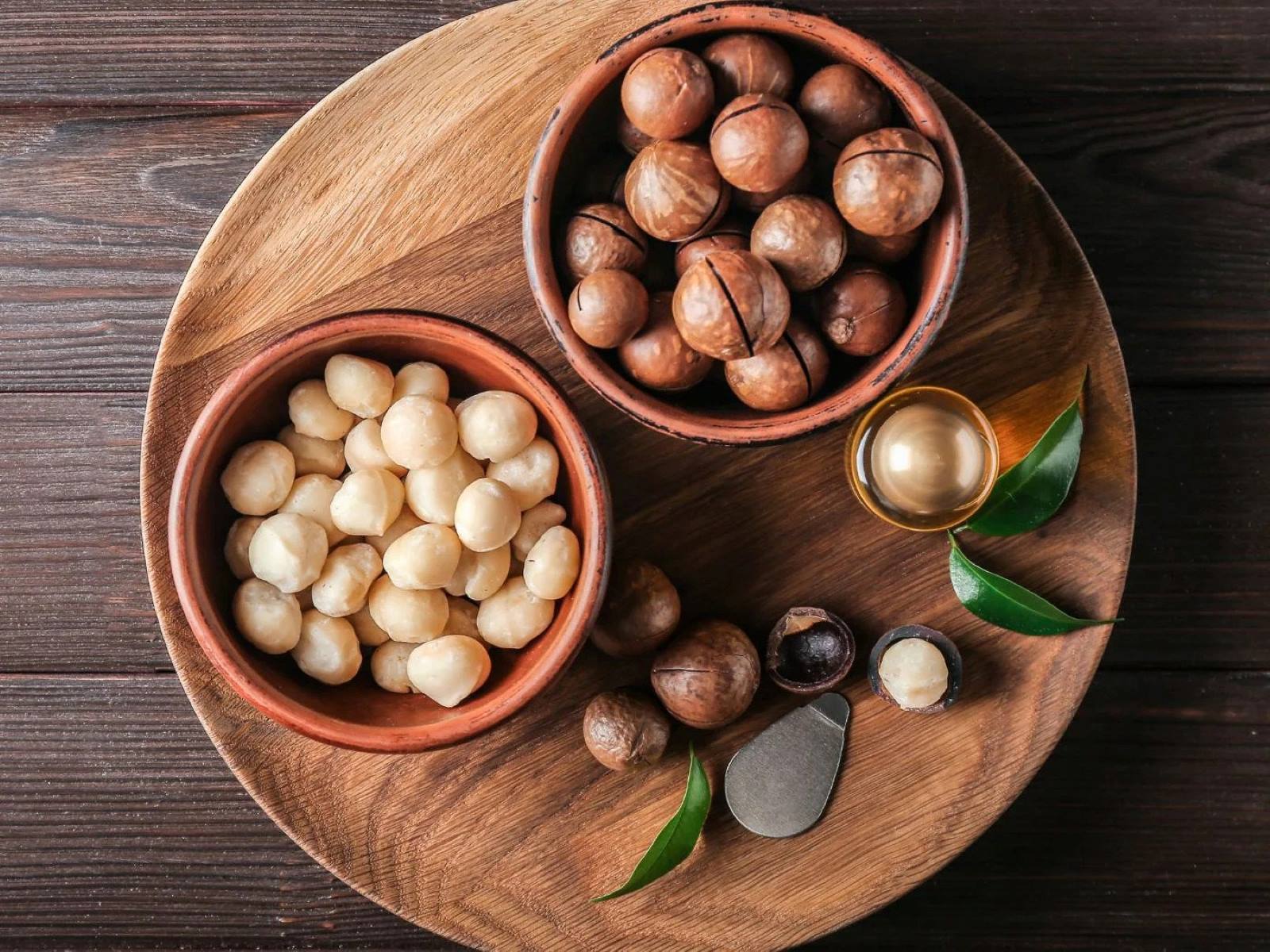
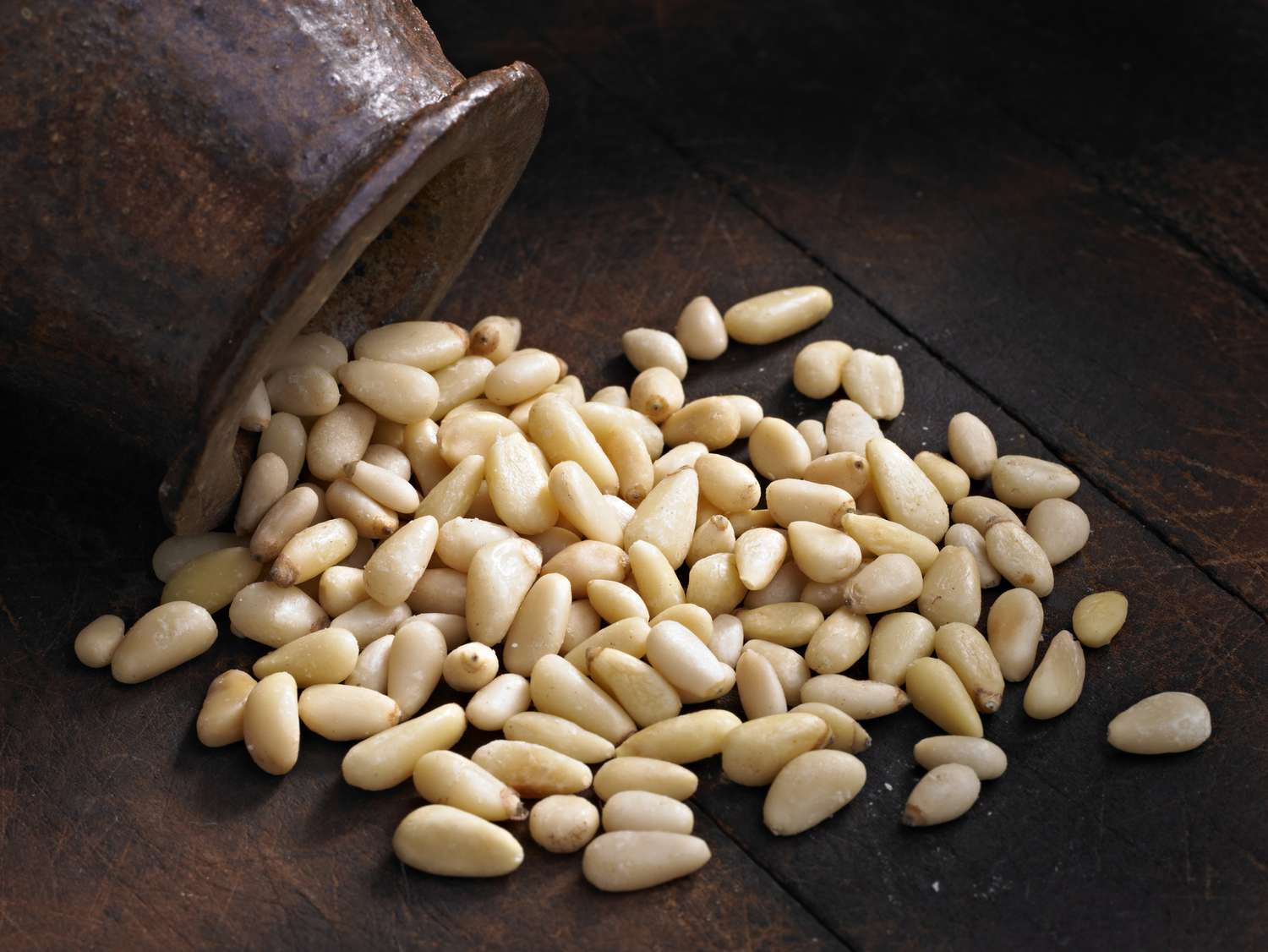

0 thoughts on “How To Store Cashew Nuts For Long Time”